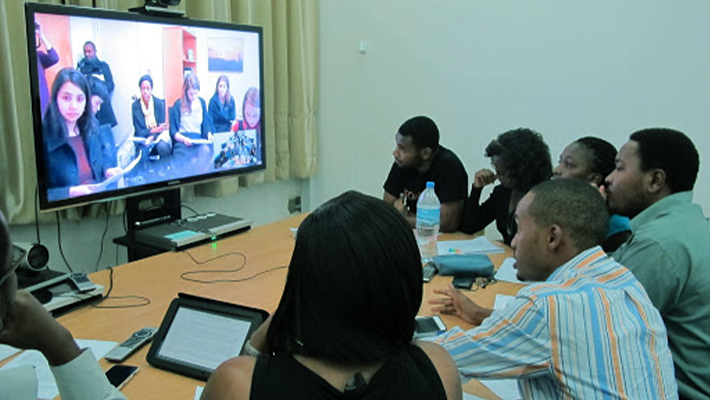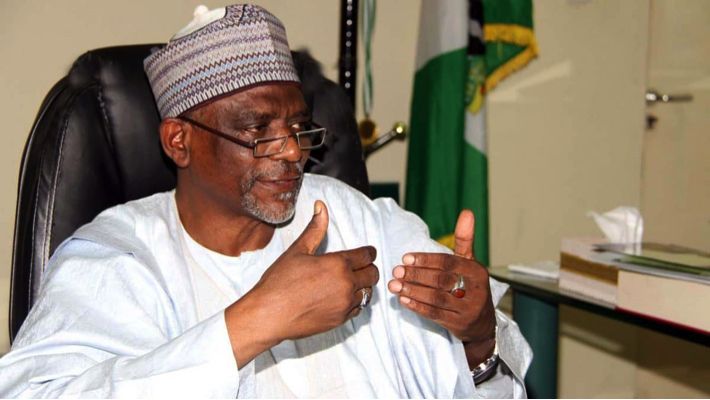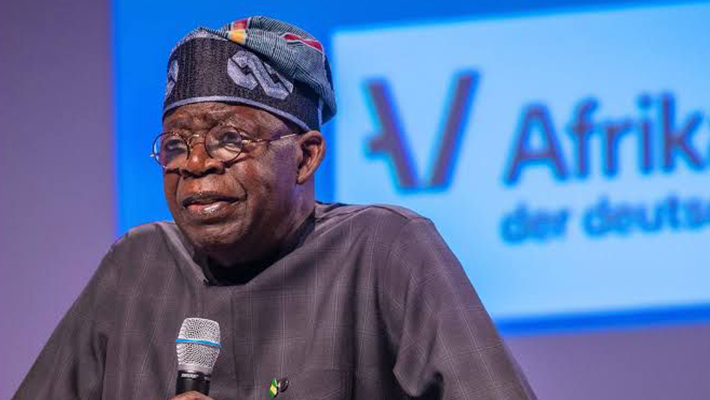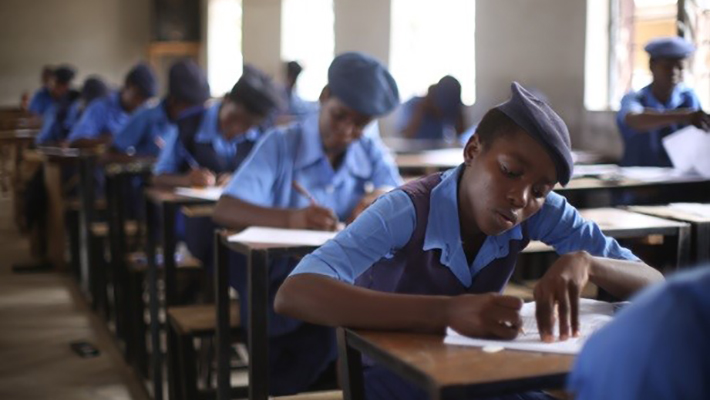COVID-19: How poor ICT infrastructure, exorbitant data costs hamper UNILAG’s e-learning programme

As the COVID-enforced restrictions persist, some Nigerian public universities are migrating to online platforms, although rather belatedly, to conduct teaching and learning without further rupturing the academic calendar that was often beset by incessant industrial disputes between university workers and the government.
The outbreak of the coronavirus in Nigeria coincided with a nine months-long strike action by the Academic Staff Union of Universities, ASUU. Schools, like other establishments, were shut down following the March 2020 government-enforced lockdown across the country.
Lockdowns have since been lifted and ASUU has resolved its issues with the government. University students have also been called back to campus but COVID-19 has not abated.
The second wave of the pandemic has thus prompted some higher institutions to adopt the e-learning systems to beat the threats of possible exposure posed by physical learning.

The University of Lagos (UNILAG) was amongst the earliest to adopt the online learning option for its students, but many are already telling tales of multiple difficulties in adjusting to the new system of learning.
Students of the University were directed to log on to an LMS platform to enable them to gain access to the institution’s e-learning facility, Peoples Gazette learnt.
But just a week after resumption of academic activities, they started lamenting the amount they now spend on data just to have access to the e-learning platform.
Aniekan Benson, a 300 level political science student who shared her experience with the Gazette, said that she was not enjoying the e-learning platform.
“We are not enjoying it,” she said. “I prefer physical classes because we are yet to fully understand online learning materials.”
Ms. Benson said some students asked for their lecturers to have a more hands-on approach towards their academic activities.
“We the students have been at home for eight months now,” she said. “So for us to start coming back to our normal self, it takes time and discipline.”
Ms. Benson also decried the cost of data consumed in the cause of taking classes online and suggested that lecturers introduce more voice note lectures and fewer videos and other data-guzzling learning materials.
A final year student of mass communication Akinyemi Adebosoyin said that e-learning should have been introduced before now. She stated that the major challenge she faced in the course of accessing the e-learning facility was from the service providers.
She decried that a majority of her courses did not have lecturers at all and that she and her other course mates were left to rely on handouts, without a guide from lecturers, which could prove critical in shaping their understanding of instructions.

Complaining about data consumption, Ms. Adebosoyin said she subscribed about five times in the first week of resumption, costing around N500 per day.
“We have spent a lot on data and it is so annoying,” she said. “You have to be online just to check and be aware of any information that the lecturer sends to the class rep.”
“I started last week Monday and today is Tuesday, I’ve spent about N4,000 on data,” she added.
She also noted that a lot of discipline was needed for students to concentrate.
But Paul Agada, the president of mass communication students’ association, said he had not encountered as many challenges so far.
“Not many challenges so far except for hitches in accessing materials when the site is populated,” he told the Gazette. “This could make one unserious because you can access material at any time.”
He further revealed that he already bought data worth N5,000 for academic activities.
Mansur Ismaila, an education consultant, told Gazette that starting e-learning was the right thing to do.
Mr. Ismaila, who is currently undertaking an online master’s degree program at the King’s College, UK, pointed out that countries in the West started their e-learning activities one day.
He further acknowledged that the Nigerian factor will pose as an impediment to the smooth sail of online learning in the country.
Mr. Ismaila said high data cost and poor network were part of the challenges that will be faced by students in their e-learning challenges, which he suggested should not stop the country from migrating to e-learning.
University authorities engage the private sector to reduce data cost for students and expand cyberspace for the increased activities online, he said.
“The University of Lagos has a peculiar advantage in the sense that it is cited in a business-friendly and cosmopolitan city in Nigeria,” he said. “I think it is high time for the University of Lagos to approach MTN, Glo and other major network providers for a CSR that will be focused on substantially reducing data cost for students of the University of Lagos.”
“If that pilot project works, I think other universities should also tap into it,” he said.
He also advised school authorities to invest in cyberspace since a lot of educational activities will be happening online going forward.
“Government is stretched and largely irresponsible,” he said. “If we actually wait on the government, we might wait forever.”
We have recently deactivated our website's comment provider in favour of other channels of distribution and commentary. We encourage you to join the conversation on our stories via our Facebook, Twitter and other social media pages.
More from Peoples Gazette

Politics
Katsina youths pledge to deliver over 2 million votes to Atiku
“Katsina State is Atiku’s political base because it is his second home.”

Economy
LEEP: FG promises 2.5 million jobs as Nigeria grapples with 13 million unemployed youths
‘’The LEEP vision is to train and equip 2.5 million people. In Nigeria, youth unemployment remains a pressing issue,” said the labour minister.

Anti-Corruption
American International School Abuja offers to refund N1.1 billion to Kogi from Yahaya Bello kids’ school fees
The American International School of Abuja said Mr Bello paid $845,852.84 for six of the governor’s children.

Economy
International investor hails Nigeria’s mining sector reforms
Glencore, a Swiss multinational commodity trading and mining company, has lauded the federal government over its reforms in the mining sector.

Education
Tinubu’s Student Loan: NELFUND warns students against fake websites
NELFUND has urged students to exercise caution and verify the legitimacy of any Website or service claiming to represent the organisation.

NationWide
Tinubu govt urged to end drug, human trafficking
AKH-TRACADA made the call in a statement on Friday.

Abuja
APBPI begins campaign to shape Abuja students’ behaviours
APBPI organised the campaign in collaboration with the FCT Secondary Education Board.








